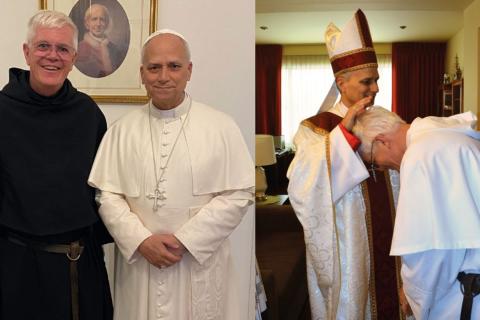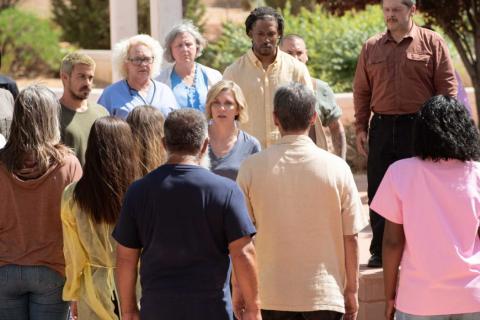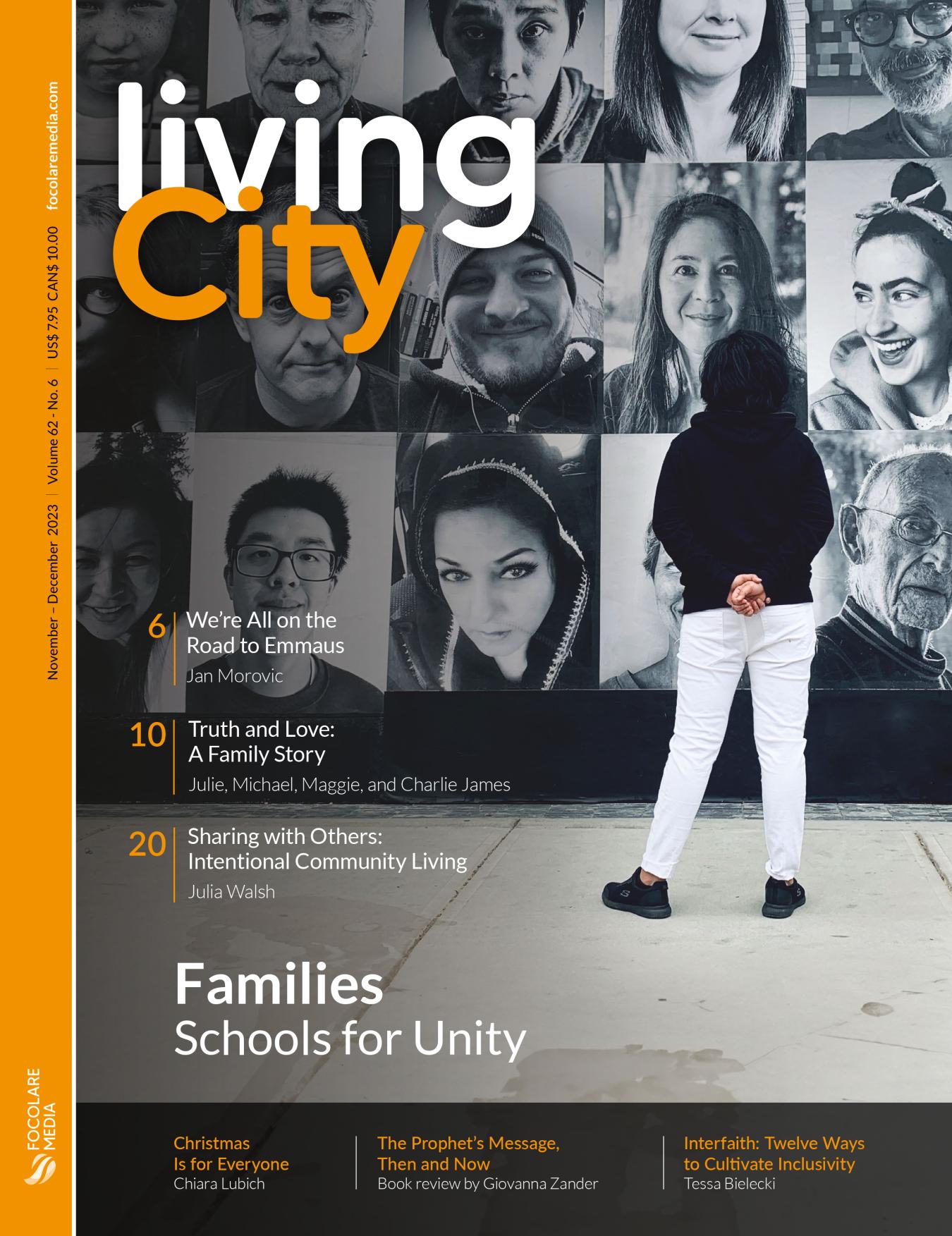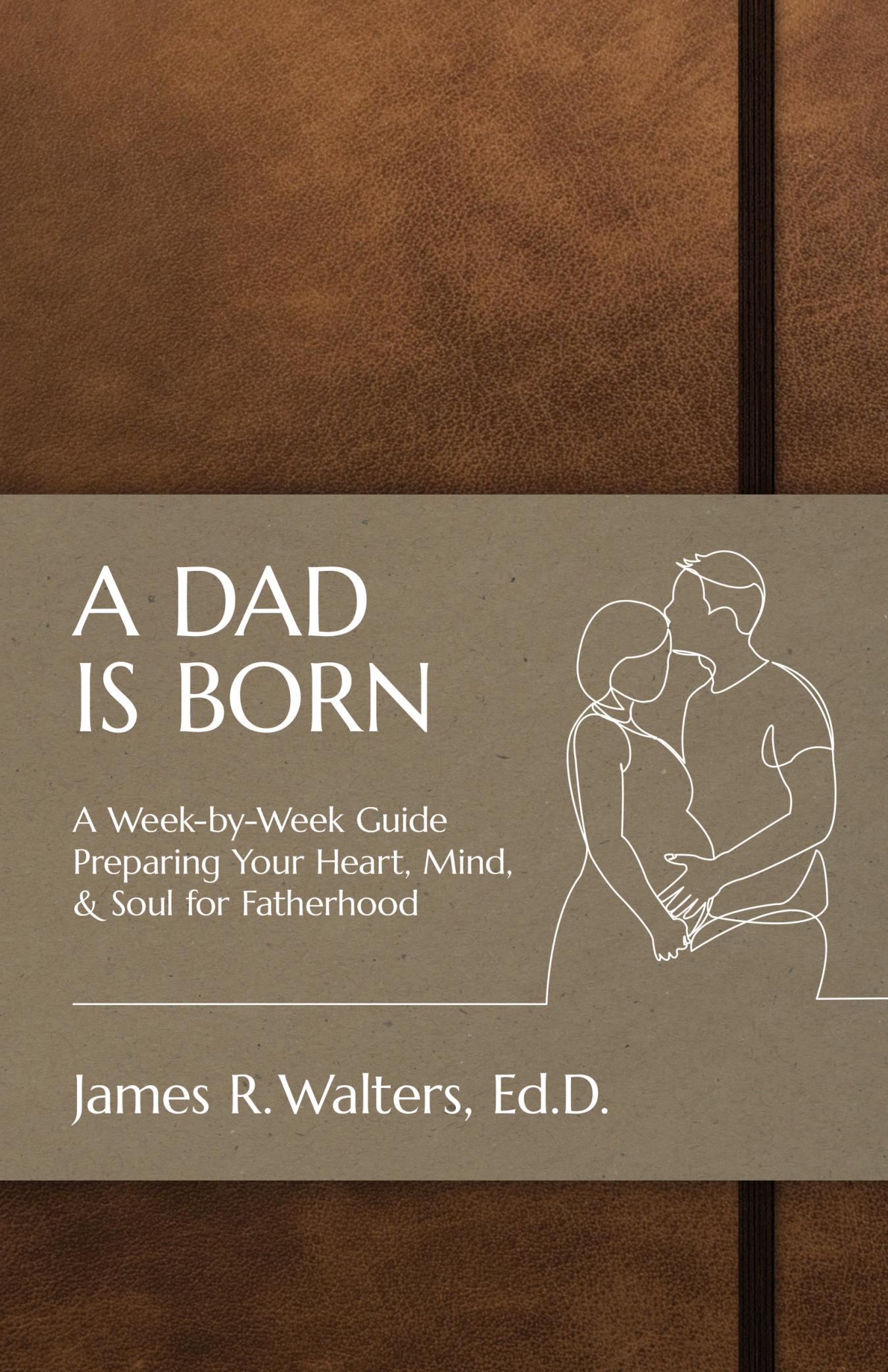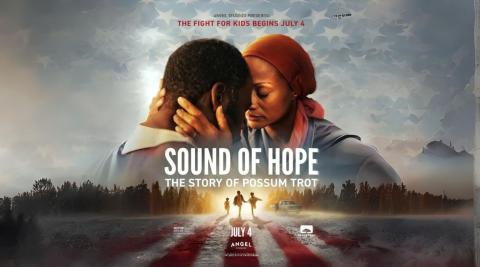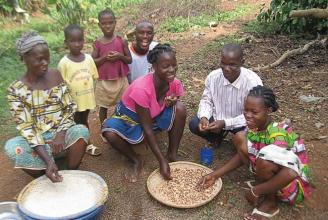
Photo by United World Project
“Dare to take care of yourself, others and the planet.” This theme attracted 70 youth of different age groups, ethnicities and nationalities to the camp promoted by the Focolare Movement at Mariapolis Victoria, Focolare’s community in the western Ivory Coast.
For five days, the youth were involved in activities promoting self-reliance, how to stimulate each person’s potential, and caring for others and the planet. There were various workshops and spirituality sessions—inspired by Focolare values like dialogue, unity and bearing witness to the Gospel—allowing the youth to acquire useful tools for their own professional lives as well.
“There was an atmosphere filled with life, love and light,” said Nji Mabih, a young entrepreneur and a Cameroonian Ambassador for a United World. “In this atmosphere, the youth understood the importance of the moral, spiritual, emotional and psychological self-formation, being prepared to face this new era.”
For Mabih, this type of interdisciplinary training guides youth to search their own personal growth, “like a seed that has already been planted in each of us that has to grow.” Spirituality in particular, according to the young entrepreneur, is essential because it strengthens and prepares a person to face an increasingly demanding world.
Through the theme “Dare to care for ourselves,” young people were encouraged to strive towards their own dreams through life goals and objectives, to be able to contribute incisively to the care of others and the planet.
“It’s important that we learn to take care of ourselves before presenting ourselves to the outside world,” explains Mabih. “It’s only in this way that we learn to take care of others, without being influenced by our peers.”
The program reached its peak in the entrepreneurship workshop, with a focus on the Economy of Communion as a means to create a sustainable business, guided by a perspective centered on the “culture of giving” instead “of having.”
“At this age, many young people are interested in entrepreneurship. The Economy of Communion has fascinated and lifted their hopes to do business through this new culture and to see the present economy with new eyes, knowing that their contributions are important.”
To put into practice all the theory learned, the young people had the opportunity to participate in activities like planting trees, cultivating natural medicines (Artemisia) against malaria, and learning how to make chocolate.
“All these moments brought out the authenticity of youth and left us with the idea that nothing is impossible if one believes in oneself and if God is put in the first place in everything that we do,” concluded Mabih.
For the young entrepreneur, the days were emotional and lively, especially because the interdisciplinary training stimulated the young people’s drive to bring changes in places where they live and contribute to a better world.
These themes also inspired the youth to become, like her, Ambassadors for a United World in their hometown—a worldwide network of ambassadors who bridge the local and global, representing the Focolare nongovernmental organization New Humanity.
“We started there with this slogan: ‘Worrying too much isn’t the answer, but contributing positively is a solution.’”




